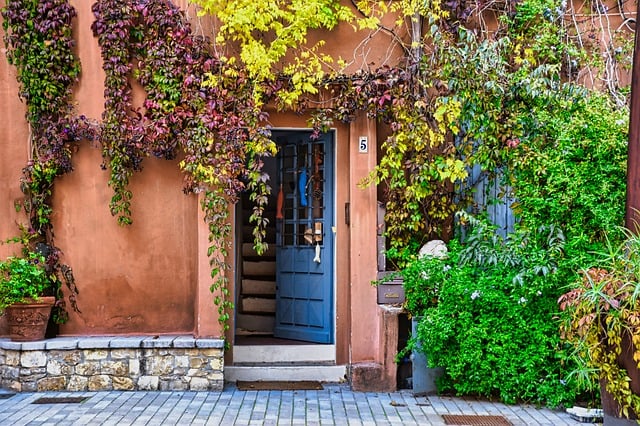House sitting is a win-win travel and accommodation option where homeowners leave their properties in the care of trusted individuals (often travelers) while they're away, offering tasks like pet care and property maintenance. This popular choice among digital nomads and snowbirds provides immersive local experiences, peace of mind for homeowners, and cost-effective travel for sitters, making it a mutually beneficial arrangement ideal for winter getaways.
House sitting has emerged as an attractive option for both travelers and absentee homeowners, especially during peak travel seasons. This article delves into the world of house sitting, providing a comprehensive guide for snowbirds and travelers. We’ll explore what it is, outline its numerous benefits, and share essential tips for those looking to start. Whether you’re a seasoned traveler or new to house sitting, this overview will equip you with valuable insights for a successful experience.
- What is House Sitting? An Overview for Travelers and Snowbirds
- Benefits of House Sitting: Why It's a Popular Choice for Absentee Homeowners
- Getting Started: Tips and Best Practices for Effective House Sitting
What is House Sitting? An Overview for Travelers and Snowbirds

House sitting is a mutually beneficial arrangement where homeowners leave their homes in the care of trusted individuals—often travelers or snowbirds—while they’re away. In exchange for accommodation, house sitters take on responsibilities like feeding pets, maintaining gardens, collecting mail, and securing properties. It’s a win-win scenario: homeowners get peace of mind, while travelers gain affordable housing and a chance to live like locals in an unfamiliar place.
This unique travel style has grown in popularity due to the rise of digital nomad communities and snowbird populations seeking winter escapes. House sitting offers an immersive experience, allowing individuals to immerse themselves in different neighborhoods, connect with local communities, and enjoy the comfort and privacy of a home away from home. It’s about more than just staying in a hotel; it’s about embracing a community and contributing to the care of someone else’s space.
Benefits of House Sitting: Why It's a Popular Choice for Absentee Homeowners

House sitting has emerged as a popular option for absentee homeowners looking to keep their homes secure and well-maintained while they’re away, especially during the winter months when many opt for warmer climates as “snowbirds.” This unique arrangement offers numerous advantages for both property owners and those who take on the house-sitting role.
For homeowners, it provides peace of mind knowing that a trusted individual is caring for their home, preventing break-ins, and ensuring everything remains in working order. House sitters can also help with tasks like watering plants, collecting mail, or even providing pet care, making it an attractive solution for those who want to avoid the stress of finding reliable services or arranging for neighbors to check on their property. This cost-effective alternative allows homeowners to save money on security systems and other maintenance services while enjoying the added convenience of having someone on-site during their absence.
Getting Started: Tips and Best Practices for Effective House Sitting

House sitting is a fantastic option for homeowners looking to travel during the winter months, and it offers an excellent opportunity for responsible travelers to gain access to accommodations and explore new places. To ensure a smooth and successful house-sitting experience for both parties, there are several best practices to keep in mind. Firstly, establish clear communication from the outset. Homeowners should provide detailed information about their property, including any specific care instructions for pets or plants, security measures, and access codes. Travelers should confirm their availability and reliability, demonstrating their commitment to taking on this responsibility.
Before accepting a house-sitting assignment, thoroughly research the area and understand local laws and regulations. Ensure you have valid identification and proof of insurance, especially if you’re staying in someone’s home for an extended period. It’s also beneficial to familiarize yourself with the neighborhood dynamics, community events, and any potential safety considerations. By following these guidelines, both homeowners and house-sitters can collaborate effectively, fostering a positive relationship that ensures a stress-free vacation for everyone involved.
House sitting is an excellent alternative solution for homeowners looking to leave their homes unoccupied during their travels, offering numerous benefits such as cost savings, peace of mind, and a unique opportunity to experience different communities. By following best practices outlined in this article, travelers and snowbirds can successfully embark on house sitting adventures while ensuring the safety and well-being of properties left behind. This mutually beneficial arrangement continues to gain popularity due to its simplicity and rewarding nature for both homeowners and those seeking affordable travel accommodations.
